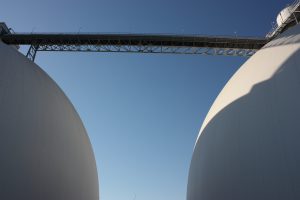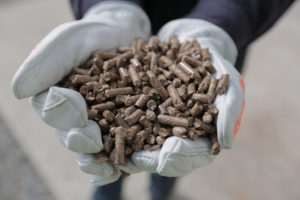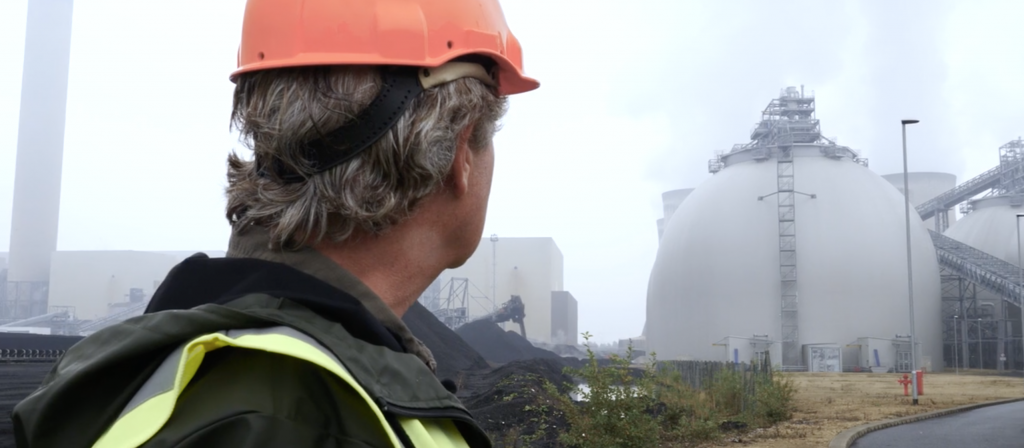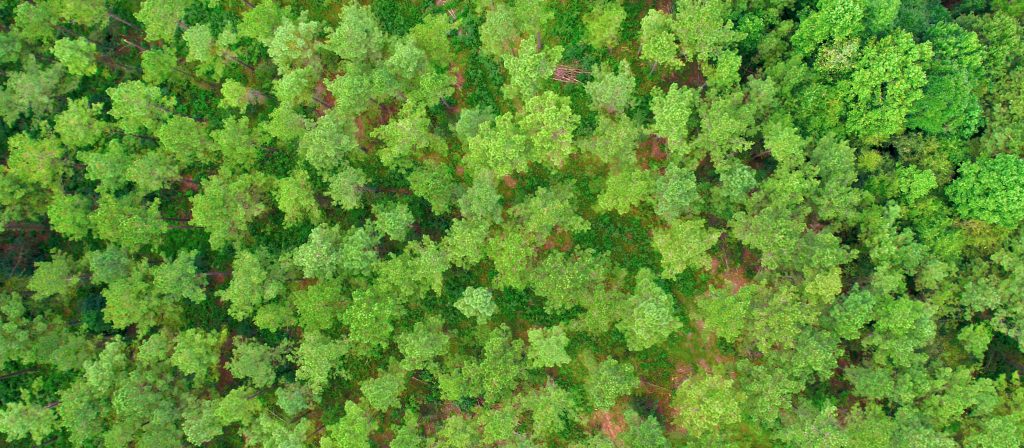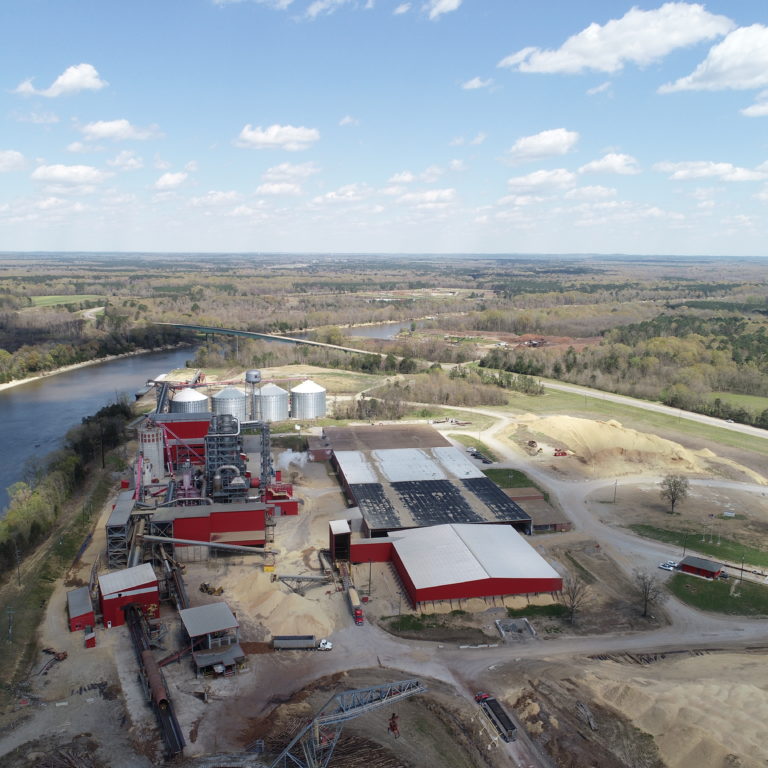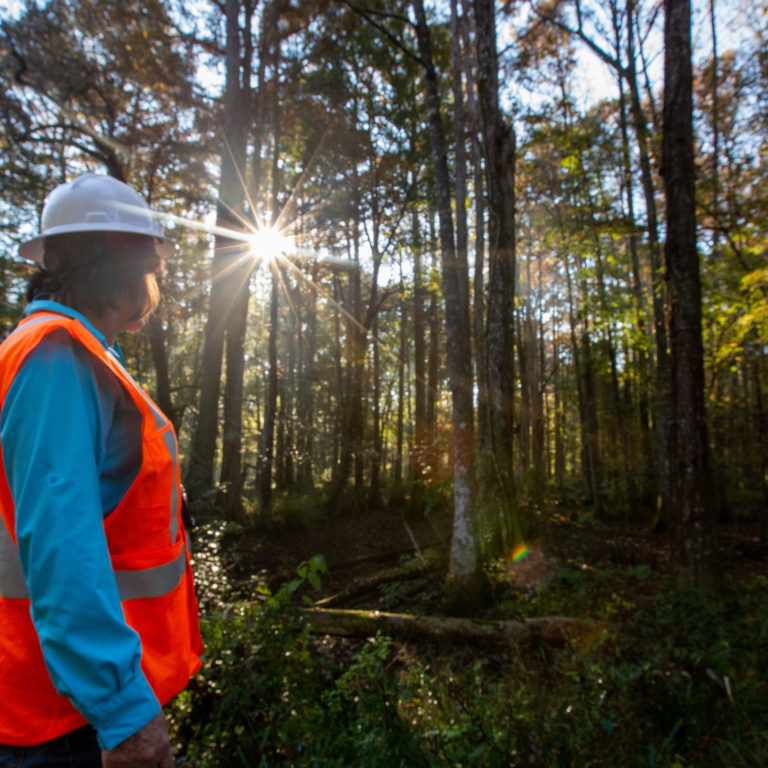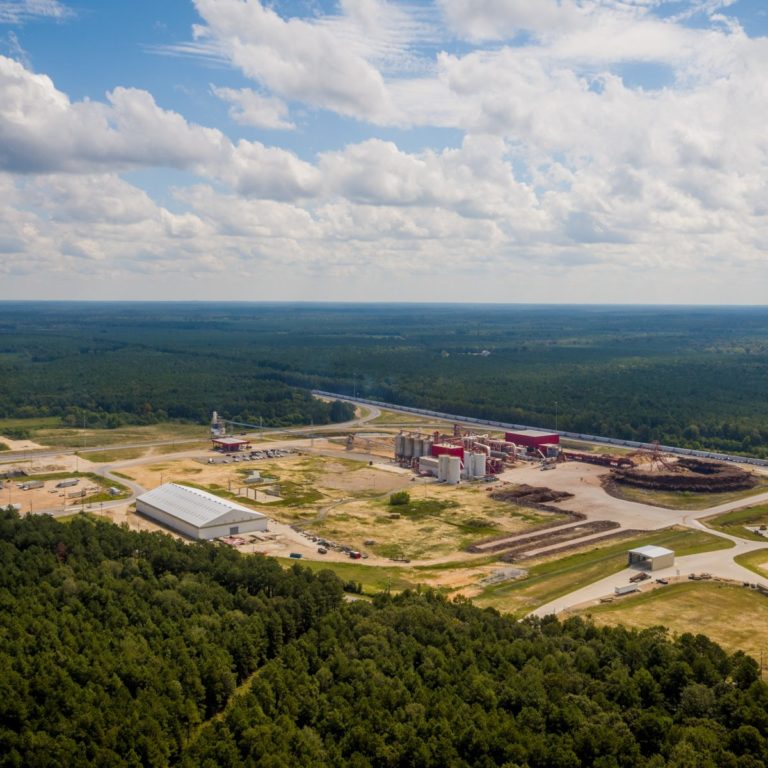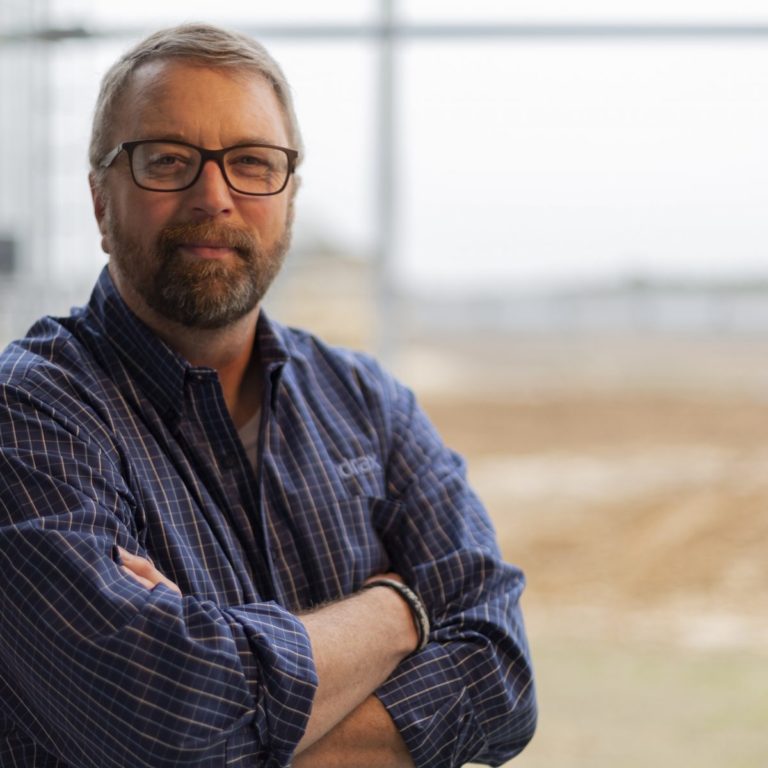The challenge
Limiting global warming to 1.5 degrees Celsius requires fundamental change across all sectors of the economy and society. That means we all need to make changes to how we live, work and use the earth’s resources.
Principally, fossil fuels and fossil fuel based products must be phased out and replaced with sustainable, renewable alternatives. We need more timber in construction to replace steel and carbon, we need paper to replace plastic bags, and we need sustainable, renewable technologies in our power system too.
The backbone of a net zero economy will be a zero carbon power system.
This means renewable power generation must be maximised. Investment in technologies such as sustainable biomass, energy storage and hydrogen can balance and stabilise the electricity grid and enable more intermittent renewables, such as wind and solar, to come online.
Alongside carbon emission reductions, negative emissions technologies and techniques are needed to remove carbon from the atmosphere. These technologies will be critical to help decarbonise harder-to-abate sectors such as agriculture and aviation so we can meet net zero by 2050 faster, and even go beyond it – helping to lower the carbon concentration in the atmosphere.
The opportunity
Sustainably sourced biomass used at Drax Power Station in North Yorkshire is already providing a crucial renewable source of power that has replaced fossil fuels and is supporting around 6,000 jobs across the North of England – at a time when other coal fired power stations have closed with the loss of thousands of jobs.
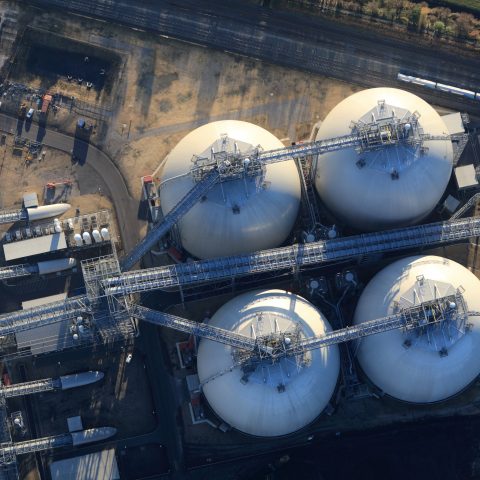
Aerial photo of biomass storage domes, Drax Power Station
The successful conversion of the power station to run on sustainable biomass is Europe’s largest decarbonisation project.
Sustainable biomass is helping to provide the renewable electricity the UK needs to decarbonise the grid and support more renewables to come online, enabling other sectors to decarbonise, such as transport.
But that’s only the start of what biomass will enable us to achieve for the environment and the economy …
Adding carbon capture and storage to power generation from biomass (BECCS) delivers negative emissions as more carbon dioxide (CO2) is removed from the atmosphere than is emitted while also producing renewable electricity.
Technologies such as BECCS at Drax will contribute to creating around 50,000 new jobs in the North of England whilst supporting and preserving many more existing ones in industries which would otherwise not survive in a net zero future. These communities have also been hardest hit by the Covid pandemic.
By developing this vital new technology needed around the world to achieve climate commitments, the UK will demonstrate global leadership at COP26 and beyond and be at the forefront of a post-covid green recovery.
Our answer to the challenge
The earth’s forests are like its lungs. Without them, we all die. We have a responsibility to preserve and enhance them.
This requires lots of different activities, from managing forests sustainably to protecting endangered habitats as well as protecting them from devastating events like forest fires.
Forests are critically important as carbon sinks, providing important habitats for wildlife, as well as sustainable materials for sectors like construction to replace steel and concrete in buildings and provide landowners and people living near them with a livelihood – often in areas where there are few other industries or sectors providing economic stimulus.
Preserving and growing forests is vital for the planet and the economy.
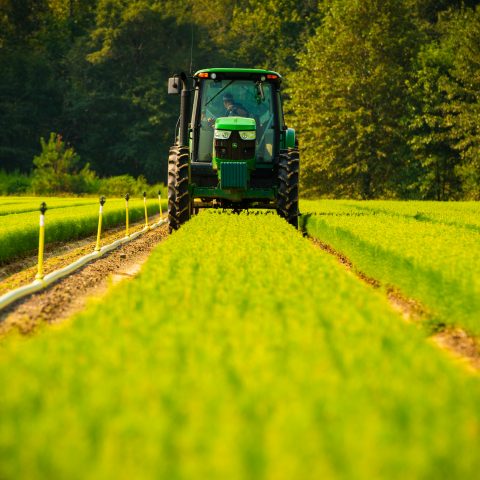
Pine trees grown for planting in the forests of the US South
The biomass industry, and Drax’s role within it, has been to drive up sustainability standards, by using the latest science to better understand the forests we source from, improving silviculture practices and encouraging further growth so forests stay as forests. Biomass is a small but important part of the wider spectrum of forest-based industries that complements and supports sustainable forest management.
Sustainably sourced biomass is renewable and provides reliable, flexible generation that enables more renewables, such as wind and solar to connect to the grid. It also enables a vital negative emissions technology – BECCS – which will be needed around the world to meet climate commitments.
Drax has invested in the skills, processes and tools needed to ensure that the biomass we source is sustainable. This knowledge will be critically important as we start to scale up much needed technologies such as BECCS which Drax is pioneering.
Urgency to act
Time is running out. Experts are urging governments and business to accelerate efforts to reduce carbon emissions this decade.
Scientific bodies such as the Climate Change Committee (CCC) agree that the transition to net zero depends on a robust demand for sustainable biomass.
Sustainable biomass is a proven solution to decarbonising electricity and is also a path to BECCS.

If action is not taken
The biggest threat to the forests we source from is urbanisation.
Demand for sustainable bioenergy and other forest products helps support landowners to keep forests as forests – and even increase tree growth – so they can continue to sequester carbon from the atmosphere supporting the fight against climate change.
Failure to deploy BECCS this decade jeopardises the UK’s 2050 net zero target – we can’t achieve net zero without it.
Increased demand for wood has not depleted forests in the US South. Instead, it encouraged landowners to invest in productivity improvements that dramatically increased the amount of wood fibre, and therefore the amount of carbon, contained in the South’s forests.
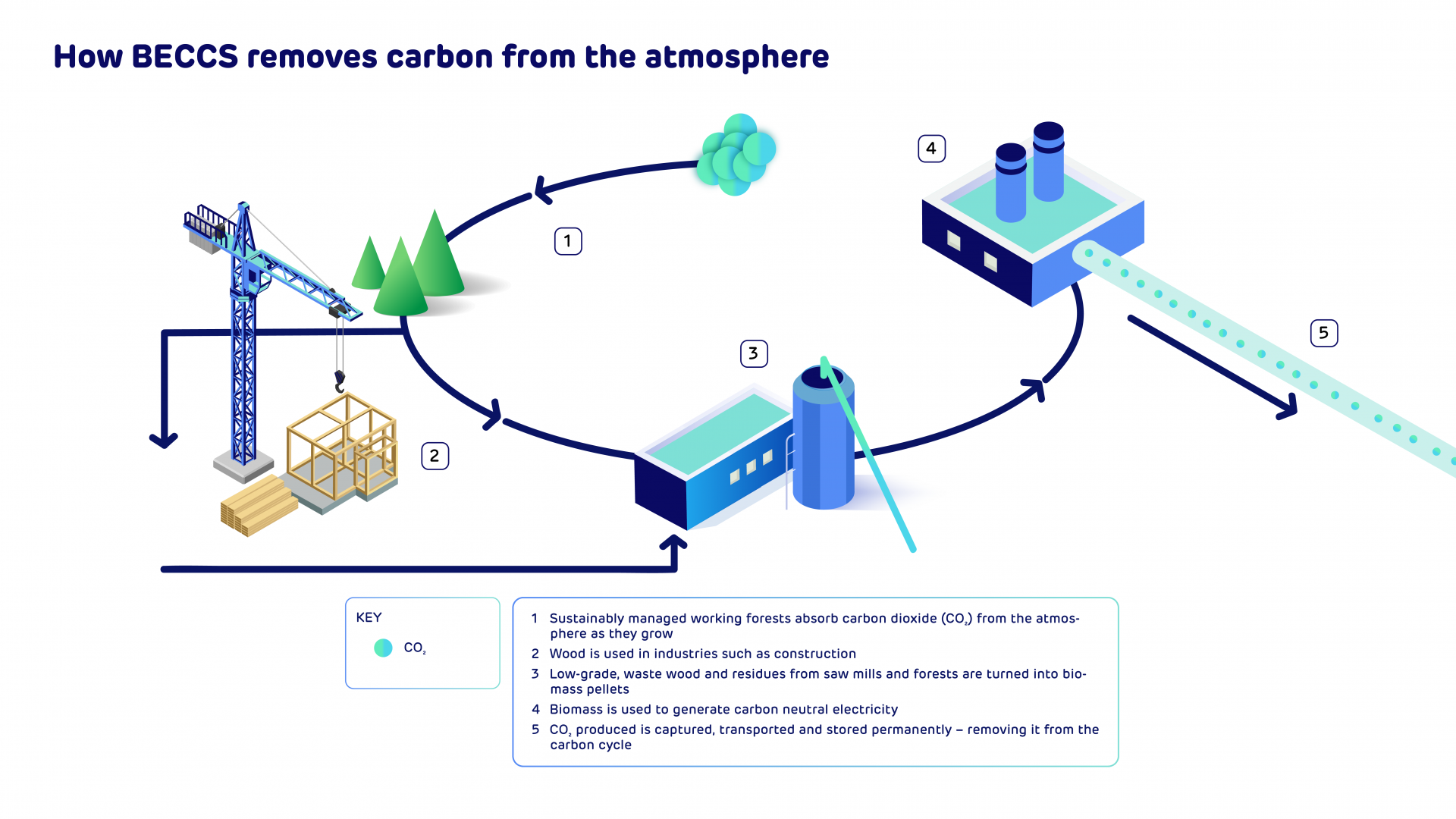
Why we can address the challenge
As the world’s largest user of sustainable biomass for energy, our world leading sustainable sourcing policy ensures the wood pellets we source make a positive contribution to the climate, environment and communities in which we operate.
Our sourcing policy is in line with the UK’s Forest Research recommendations, widely considered to be the industry gold standard, as well as the CCC recommendations.
Thanks to our independent catchment area analyses, we know more about the forests we source from than ever before.
Drax also works with NGOs and non-profits to understand the social and economic impacts and benefits where we source our biomass.
Drax has a proven track record delivering on biomass sustainability as well as delivering Europe’s largest decarbonisation project on time and on budget.
Converting the power station required engineering skill and expertise as well as the development of a robust and resilient global supply chain for sustainable biomass. We have also made significant investments in our pellet mills as well as local rail and port infrastructure.
Our track record
We are confident of our biomass sustainability.
Our biomass complies with stringent standards set out in UK and EU law. We’re independently audited by UK regulator Ofgem and are required to demonstrate that the biomass used is sustainably sourced.
Our sustainable biomass sourcing policy goes beyond existing regulations and is led by science, best practice and transparency.
We set up the Independent Advisory Board (IAB) of scientists and forestry experts which is led by former UK Chief Scientific Adviser Sir John Beddington to provide advice and challenge us on sustainable biomass and its role in Drax’s transition to net zero.
The IAB scrutinised our biomass sustainability and found that our sourcing policy is in line with the UK Forest Research report recommendations.
We are committed to using fibre from areas where the forests are growing at a greater rate than what is harvested. Our Catchment Area Analyses look at the different dynamics of each forest to track how forests are growing, and what they are being used for. On the basis of this evidence we can demonstrate that Drax’s sourcing practices do not cause deforestation, forest decline or carbon debt. This is a fundamental commitment in our responsible sourcing policy and supported by evidence on the ground.
Information about the health of the forests where we source from, such as all our Catchment Area Analyses, are available online.
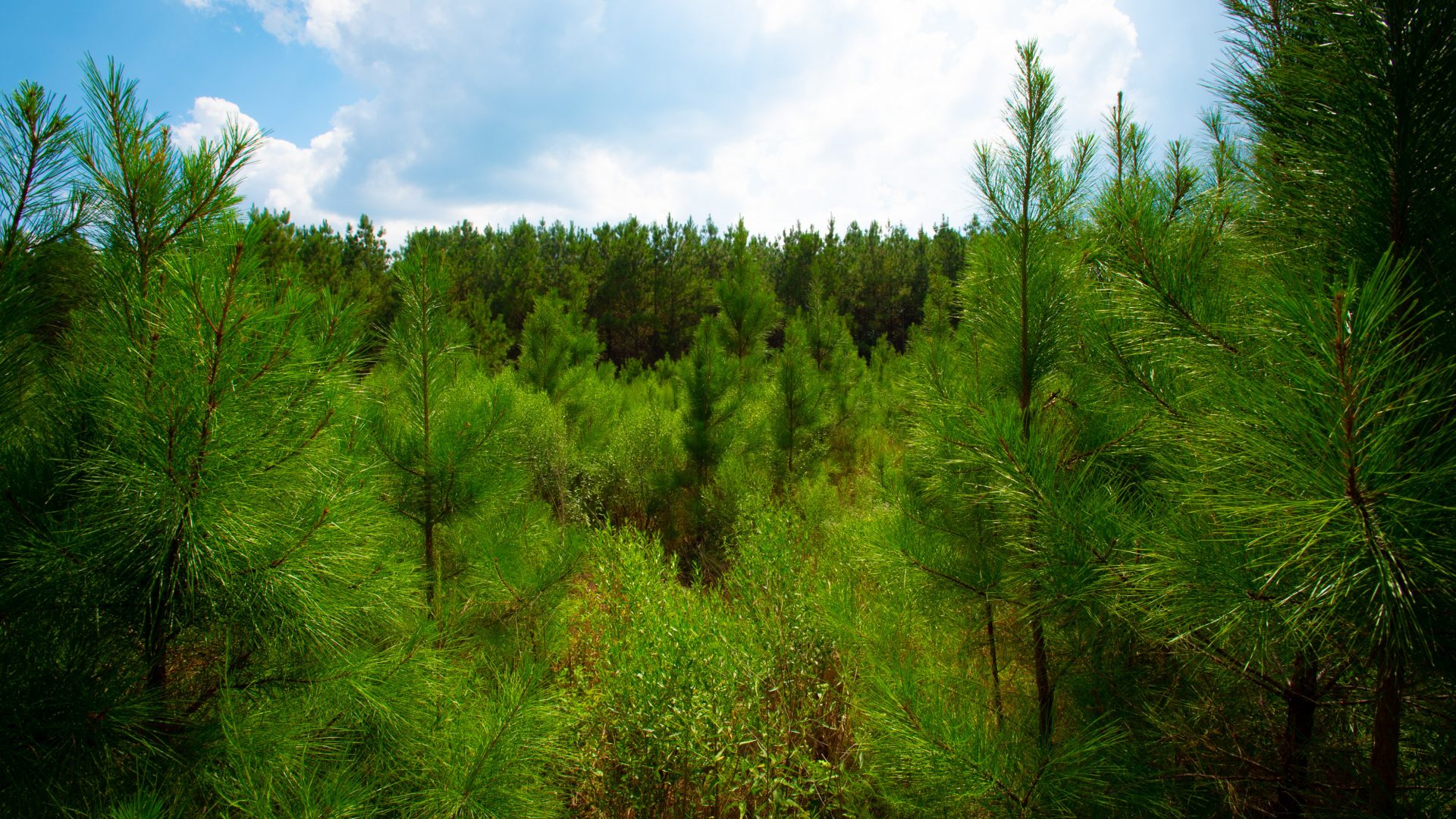
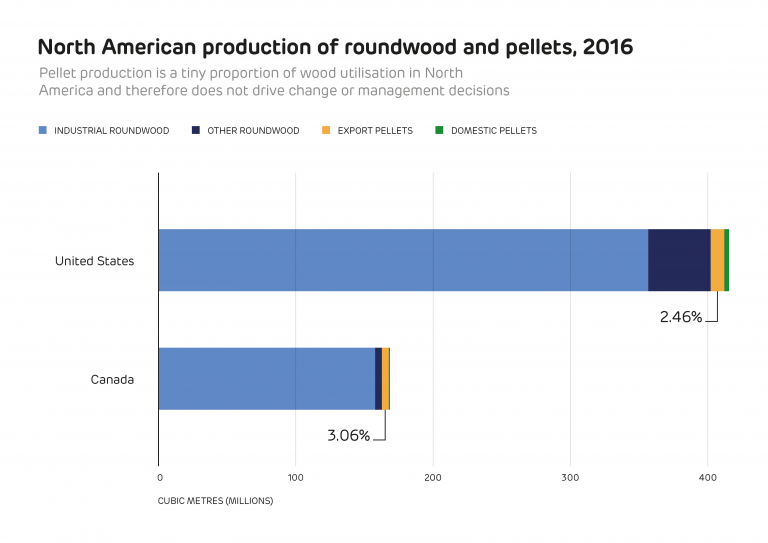
The fibre used for biomass pellets is the smallest part of the harvest – only 3% of all US wood harvest is used for pellet production
Our heritage
Converting Drax Power Station to use sustainable biomass was a radical move that transformed the business into Europe’s largest decarbonisation project and was a critical step in our journey to become carbon negative.
Alongside the engineering skill and expertise needed to transform the power station, we also developed a supply chain to ensure we had the quantities of sustainable biomass we needed.
We also created a world-leading sourcing policy to ensure that the biomass Drax uses is sustainable and supports healthy and growing forests.
The impact we will have
Sustainable biomass is an important component of the forest economy and a key part of sustainable forest management that supports healthy working forests.
Data from our catchment areas in the Southern US and from the United States Forest Service, indicate an overall increase in inventory and therefore increased rates of carbon stored, even taking into account harvests.
Drax’s sourcing practices support healthy and growing forests that are able to store even more carbon, support biodiversity and wildlife as well as provide jobs and other socio-economic benefits for the local communities.
Demand for sustainable biomass provides important additional income for landowners that incentivises continued replanting – keeping forests as healthy forest landscapes for the next generation and beyond.
Sustainably sourced biomass for power generation will continue to provide a renewable source of energy and security of supply while enabling the continued expansion of other renewables and negative emissions technology BECCS.
Our motivation to address the challenge
Sustainable biomass and BECCS are key technologies for tackling the climate crisis whilst creating new skills and jobs, clean economic growth and UK global leadership. With the appropriate investment and regulatory framework, these technologies can benefit the environment, the economy and our communities.
They are also key enablers of our ambition to be carbon negative by 2030.
What we will achieve for society
Sustainable biomass and BECCS are crucial technologies to meet global and UK climate commitments.
Sustainable biomass plays an essential role to achieve a green economic recovery and net zero by providing reliable and flexible renewable electricity. Coupled with carbon capture and storage (CCS), it is the most advanced negative emissions technology and will be needed to limit global warming to 1.5 degrees Celsius.




